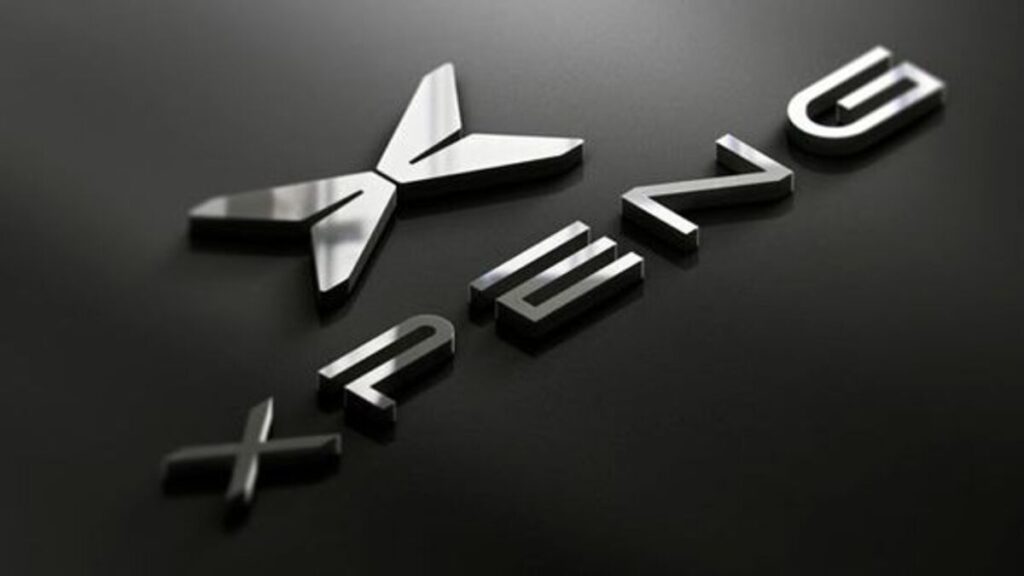Volkswagen China staff has spent a lot of time with Xpeng, a famous Chinese startup company. Together, these two automakers hope to make two new, improved electric vehicles that will rival Tesla’s biggest model.
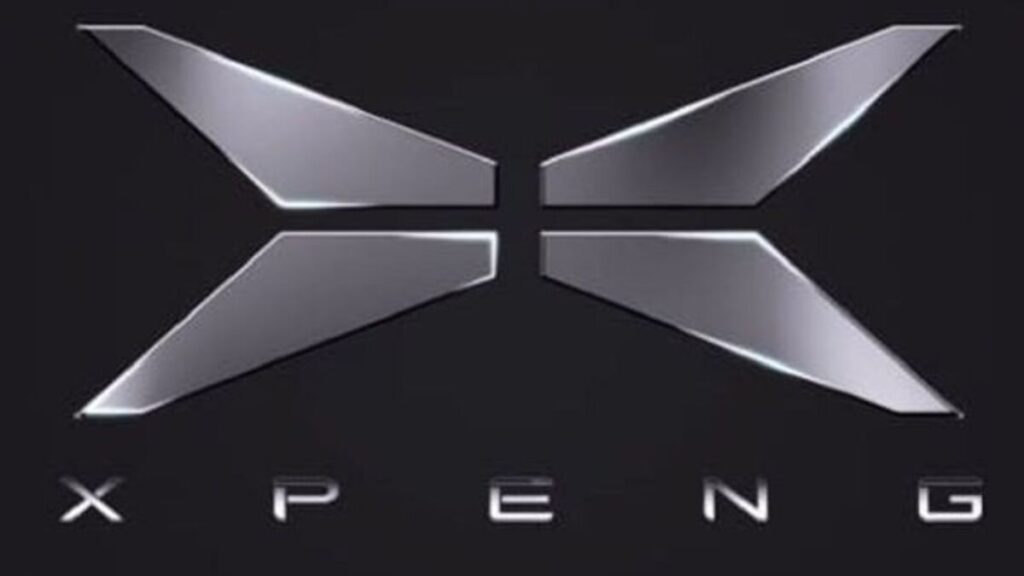
According to reports, this partnership cost Volkswagen $700 million, and the German company hopes to break into the Chinese market and other important local markets worldwide.
Volkswagen China Is Spending a Lot of Time With Xpeng
Recent reports show that hundreds of German automakers, including Volkswagen’s staff, spend a lot of time in China with Xpeng, a famous startup company. The co-president of the startup, Brian Gu, recently revealed this information to CNBC, explaining why so many Volkswagen workers are present at the Chinese startup.
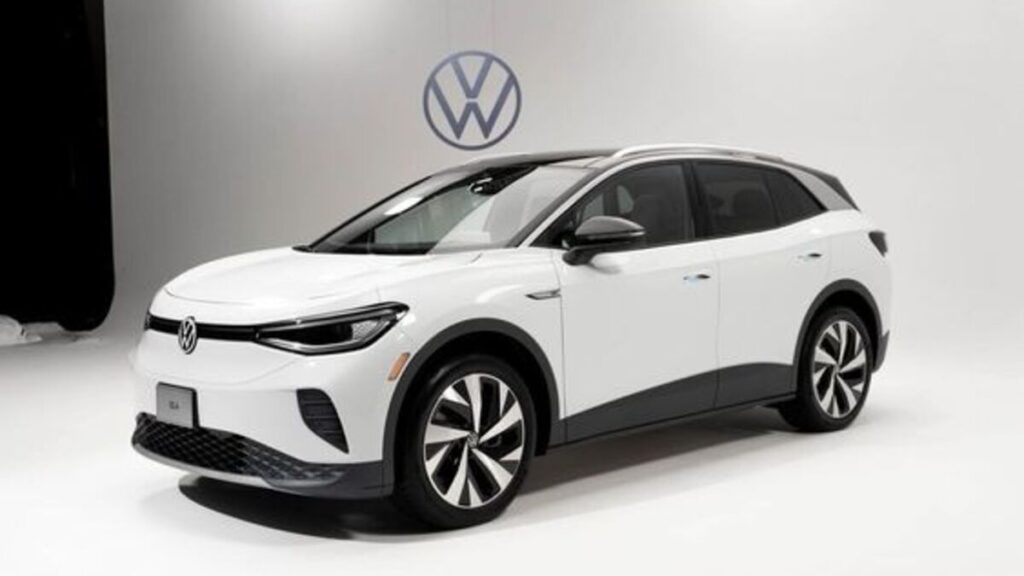
Gu explained that the auto giant’s workers are at the startup to learn about its new technology. This new technology, Xpeng’s driver-assist mode, is arguably one of China’s best. It rivals Tesla’s version, which is not currently available in China. So, Volkswagen is looking to learn and secure that market for itself.
Volkswagen’s $700 Million Investment in Xpeng
In July 2023, Volkswagen China announced that it was investing $700 million in Xpeng to collaborate with the startup to produce two new electric cars that would be ready for delivery in 2026. These electric cars will be inspired by a midsize electric crossover SUV called Xpeng G9.
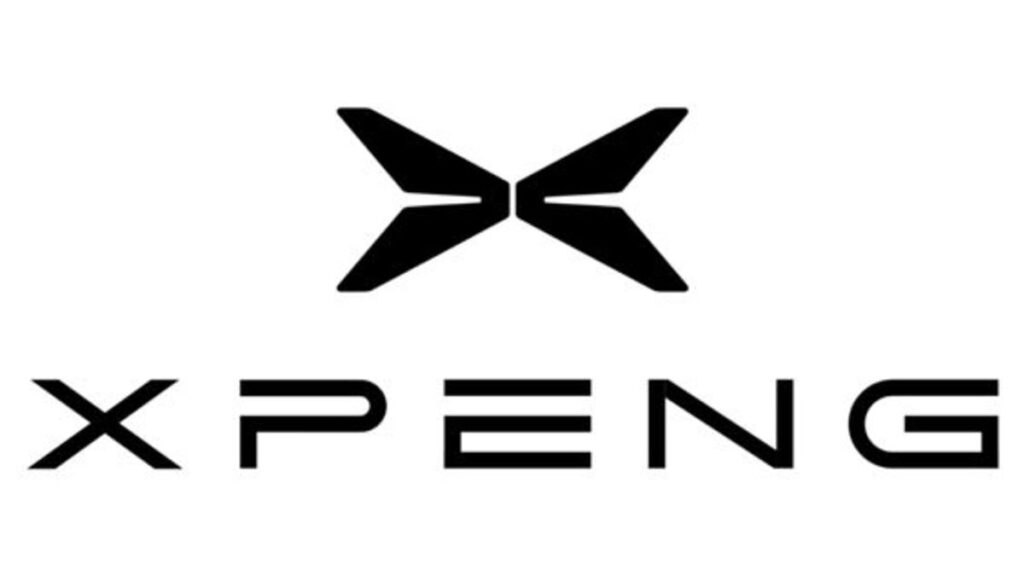
The company’s co-president emphasized that these new and upgraded versions will differ from anything both car brands have ever sold. Gu also added that these cars would have “better range, charging, much smarter driving, more feature luxury technology, for the same price, potentially.”
Does Volkswagen Operate in China?
Volkswagen has operated in China for a long time. In 2023, the German automaker delivered 3.2 million cars in China alone, a very high number compared to the 3.1 million delivered in the same period in Western Europe.
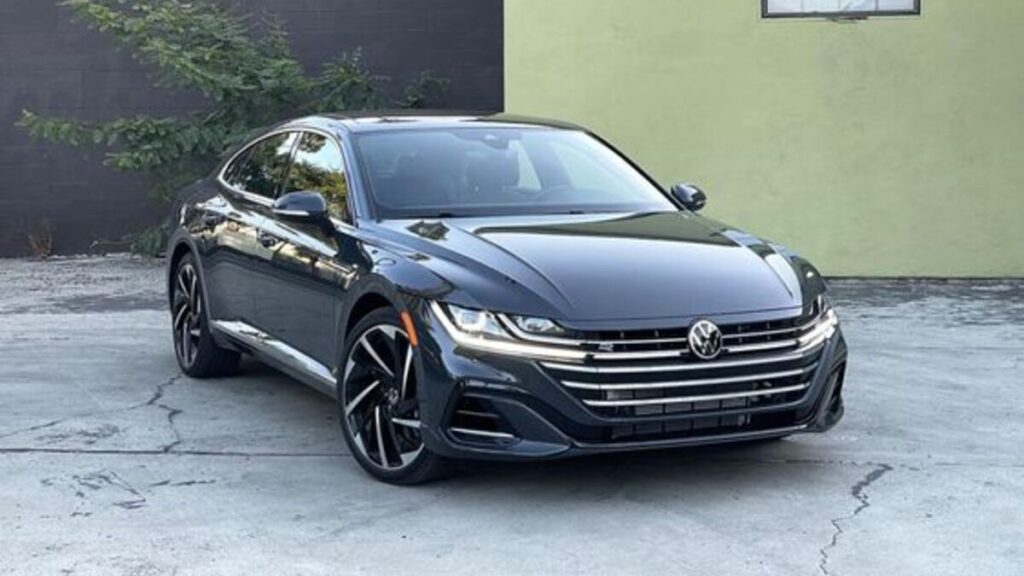
However, since customers and the local car market made a huge shift from gas-powered cars to electric vehicles and hybrid-powered ones, Volkswagen has been struggling in China like many other competitors. Its deliveries fell by 19.3% in the second quarter, while those of electric vehicle makers increased. On the other hand, Xpeng’s second-quarter deliveries grew by an impressive 30%, sending out over 30,200 vehicles.
ALSO READ: Tesla Cybertruck Owners Claim Their $100K EVs Are Being Delivered Dirty and Full of Trash
Xpeng Is Also Learning From Volkswagen China
Xpeng revealed that it is also learning from Volkswagen, as the two entered a “joint sourcing program” for auto parts. Therefore, Xpeng staff also visit Volkswagen offices in the capital of China’s Anhui Province, Hefei. The startup is learning design and technology from its German partner and is also discussing supply chains in Beijing.
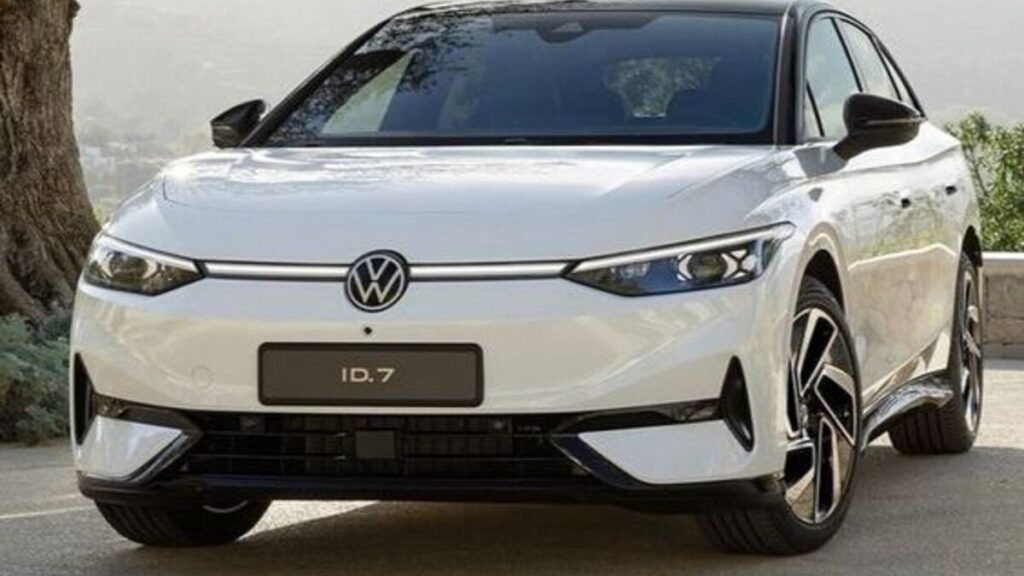
Xpeng, which has also been famous for investing in robotics since 2020, has turned its attention to making humanoid robots that can perform several tasks in different factories. However, Gu clarified that it is too early to implement humanoid integration into Volkswagen’s supply chains.
Xpeng Is Launching Overseas
Just like other electric vehicle companies, Nio and BYD, Xpeng has launched overseas, hoping to break into the market. In the second quarter of 2024, Xpeng’s overseas sales exceeded 10% of its total revenue for the first time since it launched. Right now, Gu noted that the company’s overseas efforts focus on establishing its Southeast Asian market. An activation in Europe will most likely come after its success in Southeast Asian countries.
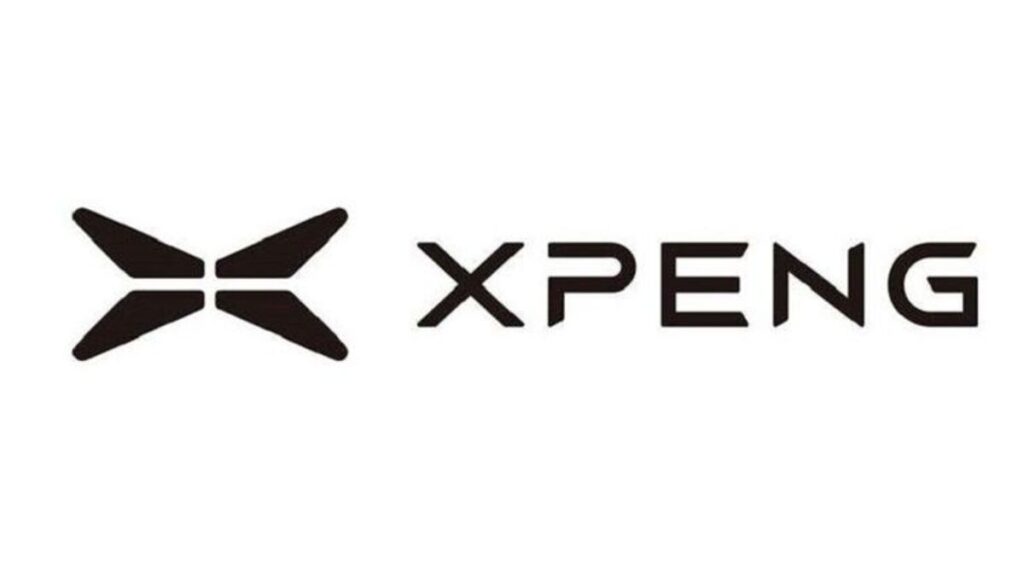
Since the EU added tariffs on electric cars imported from China, it is understandable that other countries will be prioritized. Earlier in August, Xpeng launched in Thailand, Macao, and Hong Kong and will launch soon in Singapore and Malaysia. Xpeng also plans to launch in at least 40 countries by the end of its 2024 fiscal year. Its CEO, He Xiaopeng, also told Bloomberg that it is beginning to select a production site in the EU. This partnership will also increase Volkswagen’s China sales over time.
Which Country Owns Volkswagen Now?
Volkswagen AG is known internationally as Volkswagen Group and is a German-owned company. It is not owned by China. However, it has subsidiaries in many countries around the world, causing some confusion for some people. The company is a multinational automaking giant that produces commercial and private vehicles, engines, turbomachinery, and motorcycles.

Volkswagen AG’s Headquarters are in Wolfsburg, Germany, and the company has existed since 1937. However, it was first founded in Berlin, Germany, under the name “Käfer” in 1934. Volkswagen AG now owns some of the biggest car brands in the world, including Audi, Porsche, Bugatti, Bentley, and Lamborghini.
ALSO READ: Unwanted and Unworkable’: Harris’ Electric Vehicle Plan Faces Setback After Automaker Reversal
Why Is China Leading in the EV Market?
Chin and its many automakers have long led the electric vehicle market, and this can be attributed to many factors. First, Chinese companies have the advantage of lower labor rates, resulting in minimal production costs.
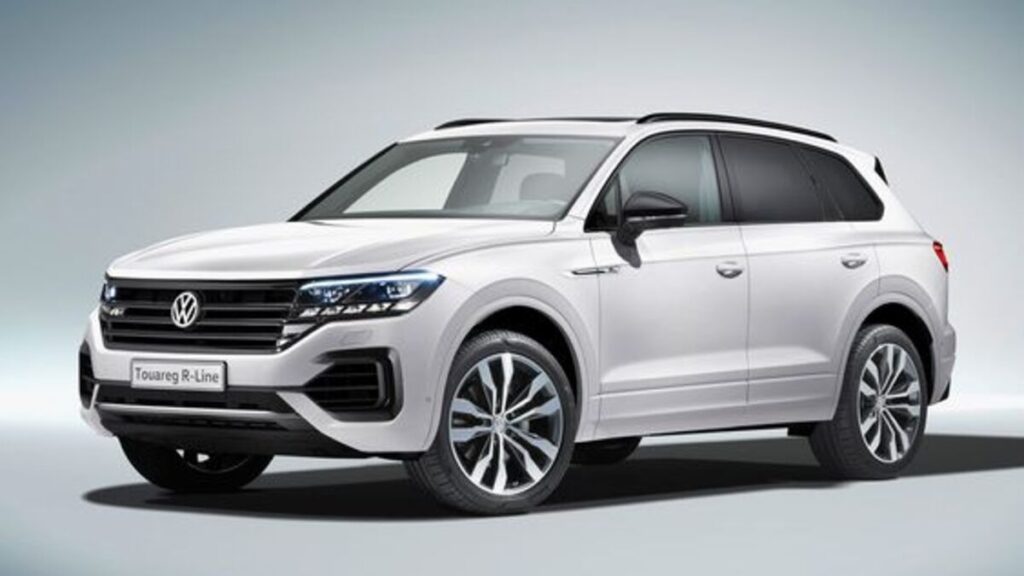
Chinese manufacturers usually have more employees because they can afford to hire more workers, leading to higher production rates and lower EV costs. They also have healthy government subsidies and favorable battery costs since most of the batteries needed are produced in the country.
What Percentage of Cars Will Be Electric in China by 2025?
The percentage of electric cars in China by 2025 is uncertain, but experts predict it will reach 50%. Currently, 37% of the vehicles in the country are EVs, and a notable surge is expected with increased sales.
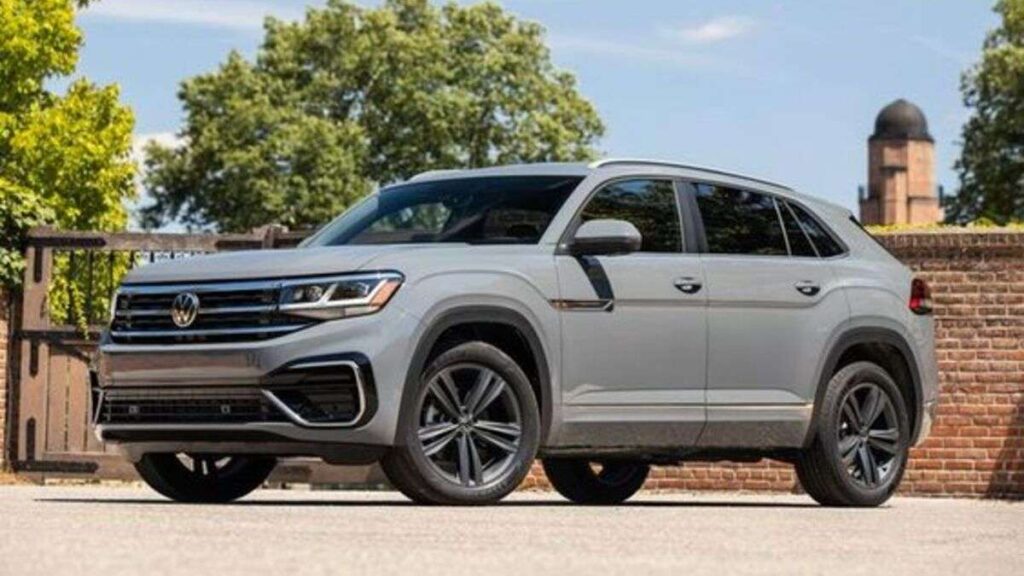
As the world rapidly turns to EVs, the percentage of electric cars in several countries is also expected to rise. Volkswagen’s investment in China and collaboration with Xpeng might also help to raise these predictions in the future and help the automaker win ground there.
You Might Also Like:
Why Remote Work Persists: ‘It’s Still Kicking,’ According to an Economist
This Retirement Withdrawal Strategy Can Help You Avoid IRS Penalties
Red Lobster Is Closing More Restaurants Due to Ongoing Bankruptcy
Unwanted and Unworkable’: Harris’ Electric Vehicle Plan Faces Setback After Automaker Reversal

